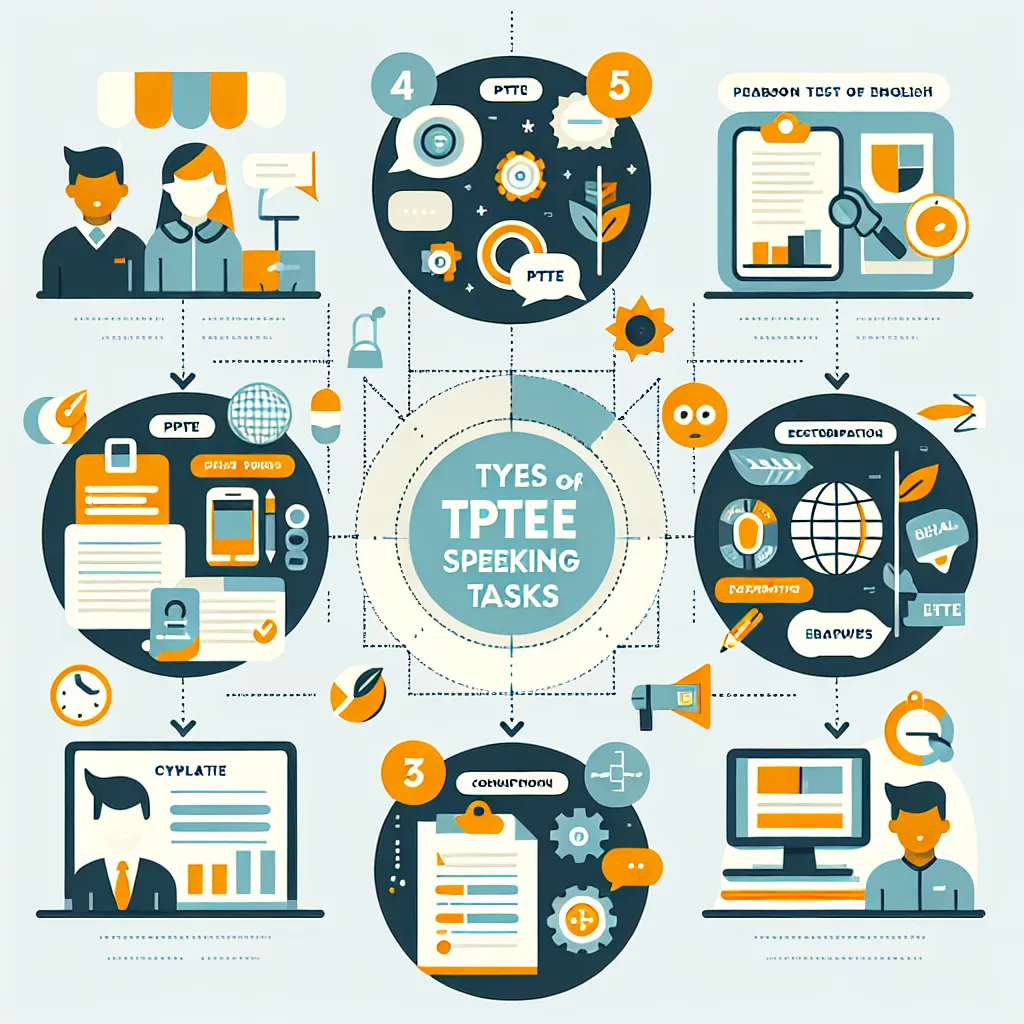Are you preparing for the Pearson Test of English (PTE) Academic and wondering about the minimum passing score? You’re not alone! Many test-takers find themselves puzzled by the scoring system and what constitutes a “pass.” In this comprehensive guide, we’ll demystify the PTE scoring process and help you understand what score you need to achieve your goals.
Understanding PTE Scores
Before we dive into the minimum passing score, it’s crucial to understand how PTE Academic is scored. The test evaluates your English language skills across four main areas:
- Speaking and Writing
- Reading
- Listening
- Enabling Skills (grammar, oral fluency, pronunciation, spelling, vocabulary, and written discourse)
Each of these areas is scored on a scale of 10-90 points, with 90 being the highest possible score.
 PTE Academic Scoring Chart
PTE Academic Scoring Chart
The Minimum Passing Score Myth
Here’s the thing: There is no universal “minimum passing score” for PTE Academic. The score you need depends entirely on your specific goals and the requirements of the institution or organization you’re applying to. Different universities, colleges, and immigration authorities set their own minimum score requirements.
Common PTE Score Requirements
While there’s no one-size-fits-all passing score, here are some common score thresholds you might encounter:
University Admissions
- Many universities require an overall score of 50-65 for undergraduate programs
- For postgraduate programs, the requirements are often higher, ranging from 65-79
- Prestigious institutions may require scores of 79 or above
Immigration Purposes
- For skilled migration to Australia, a score of 65 in each section is often required
- New Zealand typically requires a score of 50 or 65, depending on the visa type
Professional Registration
- Some professional bodies, such as nursing councils, may require specific scores, often around 50-65 overall
It’s crucial to check the exact requirements for your specific situation, as they can vary significantly.
How to Determine Your Target Score
To figure out the score you need to aim for, follow these steps:
- Identify your goal (university admission, immigration, professional registration)
- Research the requirements of the specific institutions or authorities you’re applying to
- Find the highest score requirement among your options
- Add a buffer of 5-10 points to account for potential changes or to make your application more competitive
Strategies to Achieve Your Target Score
Now that you know what score you need, here are some strategies to help you reach your goal:
- Take a diagnostic test to assess your current level
- Create a study plan focusing on your weaker areas
- Use official PTE practice materials and mock tests
- Familiarize yourself with the test format and question types
- Practice time management to ensure you can complete all sections
- Work on improving your overall English skills, not just test-taking strategies
 PTE Study Strategies
PTE Study Strategies
Common Misconceptions About PTE Scores
Let’s clear up some common misunderstandings:
-
Myth: There’s a universal passing score.
Reality: The required score depends on your specific goals and the institution’s requirements. -
Myth: A higher score is always better.
Reality: While a higher score can be advantageous, aiming too high unnecessarily can cause undue stress. -
Myth: You need to score equally well in all sections.
Reality: Some institutions may accept lower scores in certain sections if the overall score meets their requirements.
Next Steps After Achieving Your Target Score
Once you’ve reached your target score, here’s what to do next:
- Verify that your score meets all requirements for your applications
- Check the validity period of your PTE score (typically 2 years)
- Send your scores to the relevant institutions using the PTE score reporting system
- Continue to maintain and improve your English skills
Conclusion
Remember, there’s no universal minimum passing score for PTE Academic. Your target score should be based on your specific goals and the requirements of the institutions you’re applying to. By understanding the scoring system, setting realistic targets, and following a structured study plan, you can achieve the PTE score you need for success.
Do you have any questions about PTE scoring or preparation strategies? Leave a comment below, and we’ll be happy to help! And don’t forget to check out our other articles on PTE preparation to boost your chances of success.
[internal_links]




